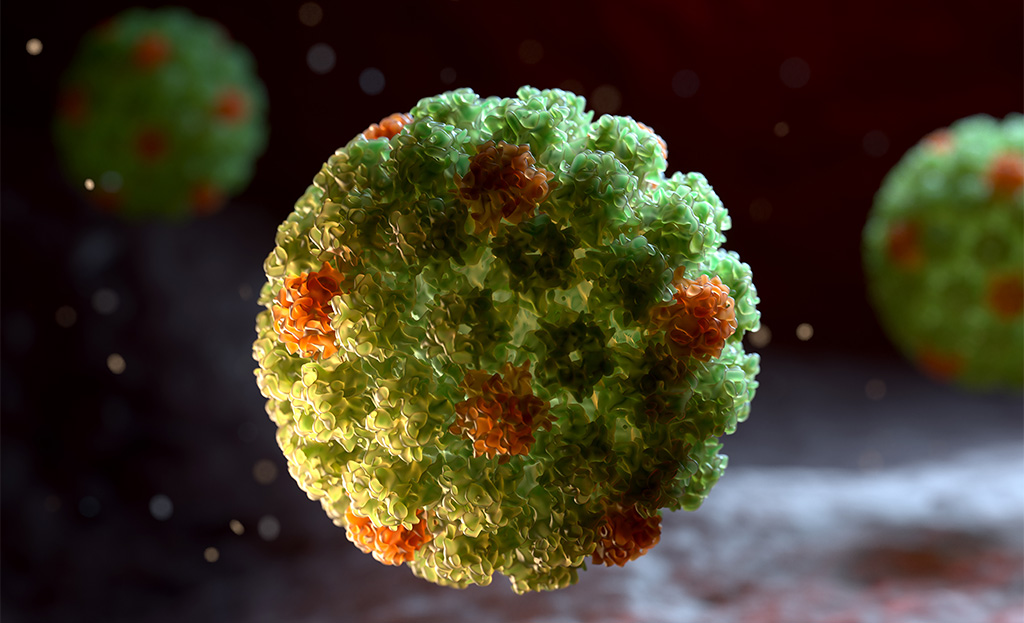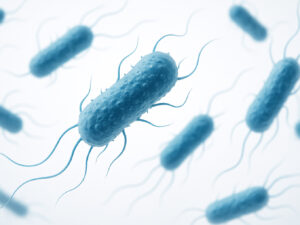
Are you familiar with the human papillomavirus?
Human papillomavirus (HPV) is a non-enveloped and double-stranded circular DNA virus from the Papillomaviridae family that explicitly replicates in keratin cells (keratinocytes). Keratinocytes form the outermost layers of the skin and mucosal surfaces, where HPV infections are seen, such as the inside of the cheek or vagina walls. HPV infections are usually destroyed by the immune system within 2 years and do not show any symptoms, however, can cause health problems if they persist.
The most common outcome of HPV infections is warts on the skin surface, such as hands and feet, and on mucous-secreting epithelial cells such as the inside of the mouth, vagina, and rectum. HPV infections can cause precancerous lesions due to molecular-level alterations they make in the cell. To facilitate the identification and treatment of these precancerous lesions, experts classify HPV viruses into “high-risk” and “low-risk” groups. Studies show that high-risk group HPV types, including HPV 16 and HPV 18 types, result in cancers of the vulva, vagina, penis, anus, oropharynx, larynx, and most specifically cervical cancer.
Among the public, HPV infections are associated with only female reproductive organs cancers, but it should be kept in mind that due to the virus’ preference for epithelial and keratin cells as hosts, these infections can lead to serious health problems in anyone, regardless of their gender. HPV infections are asymptomatic and transmitted through contact, especially sexual contact, both male and female individuals may unconsciously cause the virus to spread. The World Health Organization recommends vaccination and regular screenings as preventive measures against HPV infections.
Anatolia Geneworks has developed all-around real-time PCR kits for the detection and genotyping of both high-risk and low-risk HPVs from various human biological samples.
Resources:



